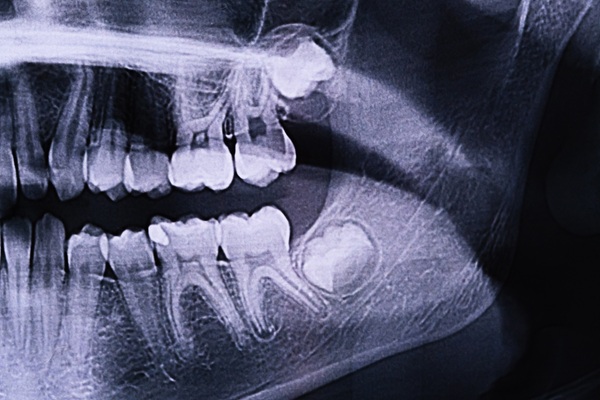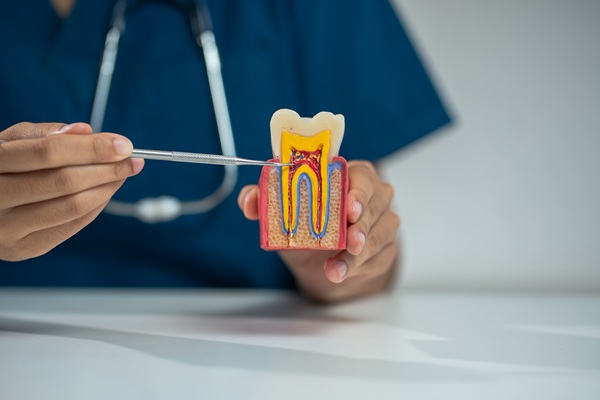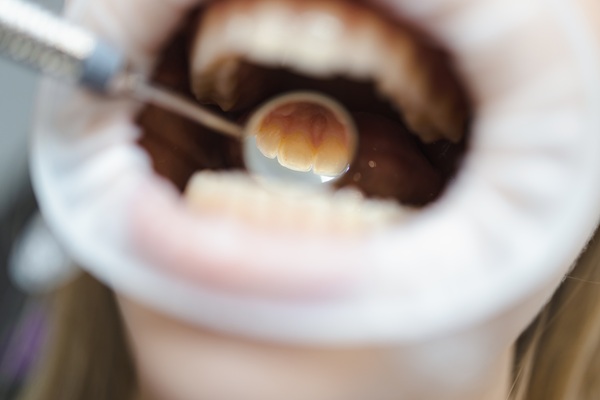We all know the feeling of waking up groggy and unrested as if we didn’t get a wink of sleep the night before. For some people, this scenario is an all too familiar reality due to sleep apnoea – a common yet disruptive sleep disorder, where they may experience repeated pauses in breathing or shallow breaths during sleep. These breathing interruptions, known as apnoeas, can occur numerous times throughout the night, lasting for several seconds to minutes. Sleep apnoea disrupts normal sleep patterns and can lead to fragmented and poor-quality sleep, resulting in daytime sleepiness and other health issues.
If you or a loved one have been diagnosed with sleep apnoea, you’re likely searching for solutions to improve your sleep quality and overall well-being. One such solution is the sleep apnoea mouthguard – a remarkable device designed to alleviate the symptoms of this condition and bring back the joy of a restful night’s sleep.
What is a Sleep Apnoea Mouthguard?
A sleep apnoea mouthguard is a custom-made device fitted by your dentist for treating sleep apnoea and snoring. It is a popular alternative to Continuous Positive Airway Pressure (CPAP) machines, offering a more comfortable and portable solution for managing sleep apnoea. The mouthguard fits over the upper and lower teeth and works by repositioning the lower jaw slightly forward, which helps keep the airway open during sleep.
Different Types of Sleep Apnoea Mouthguard
When tackling sleep apnoea, it all starts with getting a proper diagnosis and uncovering the underlying cause. Once you know the specific type of sleep apnoea you have and its root cause, it’s time to team up with your dentist or healthcare provider to create a personalised treatment plan to help make your breathing easier and your sleep more restful. As such, a mouthguard for sleep apnoea can be a game-changer in this journey, with several different types available to help relieve your symptoms and bring back those peaceful nights of sleep. These include:
Mandibular Advancement Devices (MADs)
Mandibular advancement devices are the most widely used sleep apnoea mouthguards. They typically consist of two separate trays that fit over the upper and lower teeth and are connected by hinges, allowing for adjustable jaw advancement. By advancing the lower jaw, MADs create more space in the throat, reducing airway obstruction and improving breathing.
Tongue-Retaining Devices (TRDs)
Tongue-retaining devices are another type of sleep apnoea mouthguard that focuses on addressing tongue-related airway blockages. These devices work by holding the tongue in a forward position, preventing it from falling back and obstructing the airway during sleep. TRDs usually consist of a suction bulb to hold the tongue and a compartment that sits between the inner lips and outer teeth. By keeping the tongue forward, TRDs help maintain an open airway, reducing snoring and apnoea events.
Soft Palate Lifters
Soft palate lifters, also known as palatal or uvula lifters, target the soft tissues located at the back of the throat. These devices are designed to lift and support the soft palate and uvula, preventing them from collapsing and blocking the airway. Soft palate lifters typically consist of a mouthpiece that fits over the upper teeth and a small extension that supports the soft palate. By providing structural support to the soft tissues, these devices help maintain an open airway and improve airflow during sleep.
Each type of sleep apnoea mouthguard has its unique design and mechanism of action, but they all aim to address airway obstruction and improve breathing during sleep. It’s essential to consult with a healthcare provider or a dentist to determine which type of mouthguard is suitable for your specific needs. They can assess your condition and recommend the most appropriate mouthguard to help manage your sleep apnoea symptoms.
Pros of Sleep Apnoea Mouthguard
Sleep apnoea mouthguards offer several advantages to help improve your sleep quality and overall well-being. These custom-made devices are designed to address the symptoms of sleep apnoea and provide a more comfortable alternative to traditional treatments. Let’s explore some of the key benefits of using a sleep apnoea mouthguard:
1. Reduce the number of pauses in breathing
One of the primary goals of a sleep apnoea mouthguard is to alleviate the interruptions in breathing that occur during sleep. By repositioning the jaw or supporting the soft tissues, these devices help keep the airway open, reducing the frequency and duration of apnoea episodes.
2. Significantly improve blood oxygen levels
Sleep apnoea can lead to drops in blood oxygen levels, which can have negative effects on overall health. A sleep apnoea mouthguard promotes better airflow, allowing for improved oxygen intake during sleep. This can result in higher blood oxygen levels and better oxygenation of vital organs.
3. Decrease the frequency and volume of snoring
Snoring is a common symptom of sleep apnoea and can disrupt your sleep as well as disturb your partner. Sleep apnoea mouthguards can help reduce snoring by promoting better airflow and reducing airway obstruction, leading to quieter and more peaceful sleep.
4. Easier to use
Compared to other treatment options such as CPAP machines, sleep apnoea mouthguards are typically easier to use and maintain. They are portable, require no external power source, and do not involve wearing a mask or tubes. This convenience makes them a more user-friendly option for managing sleep apnoea.
Cons Of Sleep Apnoea Mouthguard
While sleep apnoea mouthguards provide numerous benefits, it is necessary to be aware of the potential drawbacks as well. Understanding the cons of using these devices can help you make an informed decision about their suitability for your needs.
1. Discomfort and jaw pain
Some individuals may experience initial discomfort or jaw pain when using sleep apnoea mouthguards. This discomfort can arise from the adjustment period of getting accustomed to wearing the device or from the pressure exerted on the jaw to reposition it. However, discomfort can often be alleviated by working with a healthcare professional to ensure a proper fit and adjustment.
2. Gum irritation
The presence of a mouthguard in the oral cavity can lead to gum irritation for some individuals. This can manifest as soreness, redness, or tenderness in the gum tissues. Proper oral hygiene practices, such as regular brushing and rinsing, can help minimise gum irritation. Additionally, consulting with a dental professional to ensure the mouthguard is appropriately fitted can also mitigate this concern.
3. Dry mouth
Sleep apnoea mouthguards can sometimes contribute to dry mouth, as they may alter the natural flow of saliva during sleep. A dry mouth can cause discomfort and increase the risk of dental issues, such as tooth decay. Maintaining good oral hygiene and staying hydrated throughout the day can help manage dry mouth symptoms.
4. Not Suitable for Everyone
Another potential disadvantage of sleep apnea mouth guards is that they are not suitable for everyone, and require consultation with a doctor or dentist to determine their suitability.
It is important to remember that experiences with sleep apnoea mouthguards can vary among individuals, and seeking professional guidance is crucial in finding the right solution for your specific needs.
Don’t Let Sleep Apnoea Disrupt Your Life Any Longer
Sleep apnoea mouthguards can be a valuable tool in managing the symptoms of sleep apnoea, and improving your sleep quality. At Bellevue Hill Dental, our caring team of dentists can assist you in taking the first step towards a more rejuvenating sleep with sleep apnoea and snoring therapy. We offer personalised guidance, ensure proper fitting and adjustment, and help address any concerns or issues that may arise during your journey towards better sleep.
Reach out to us, so together we can work towards reclaiming your peaceful slumber, energised mornings, and enhanced quality of life.




